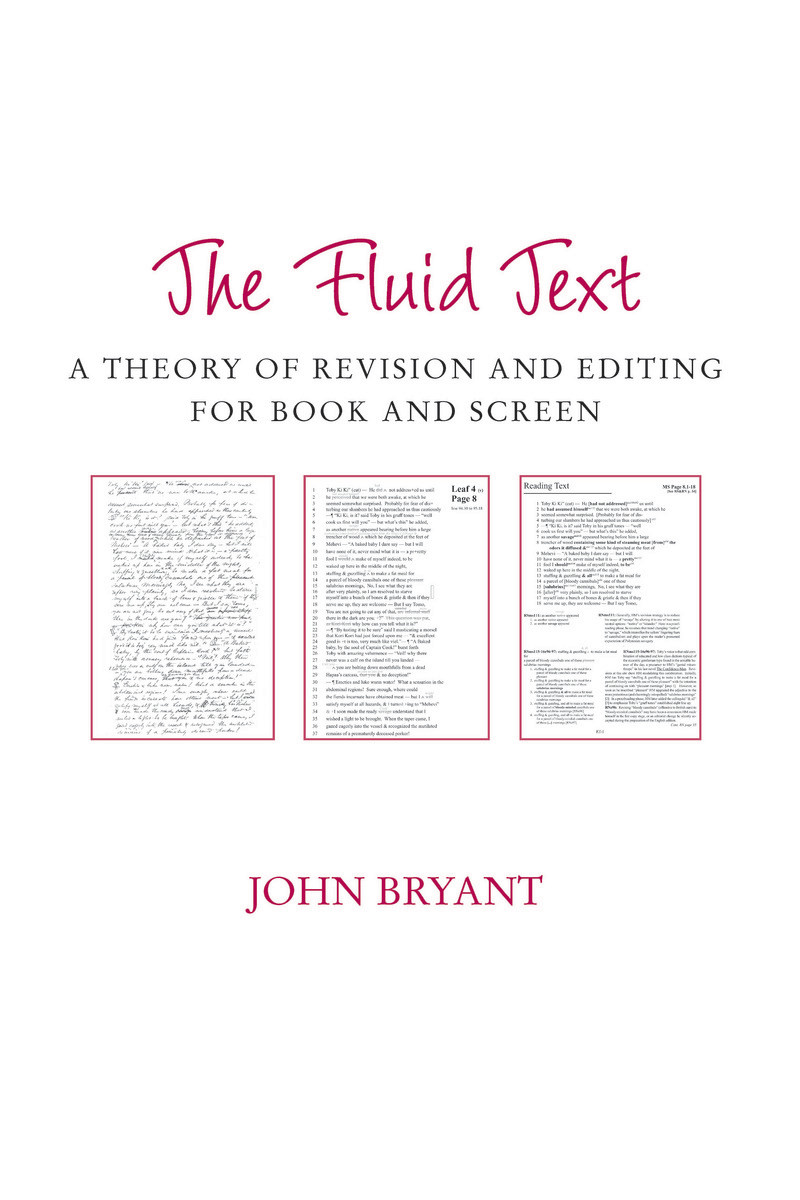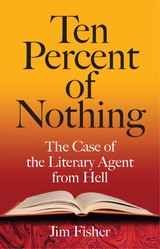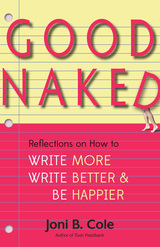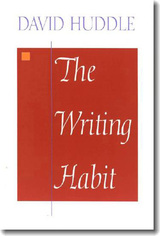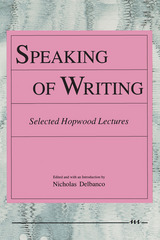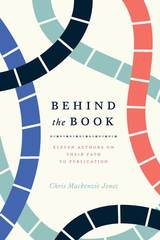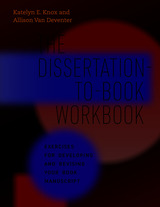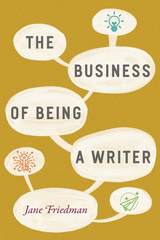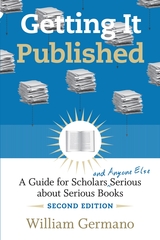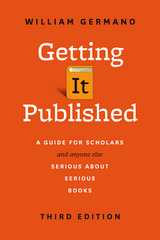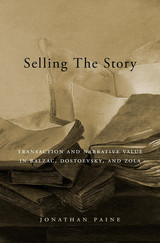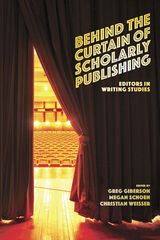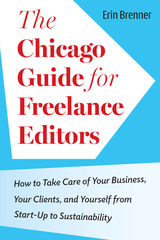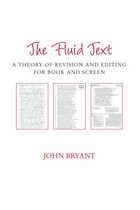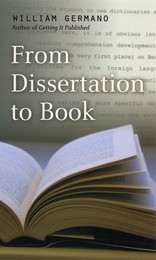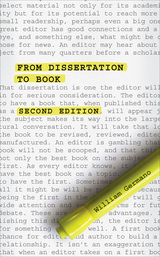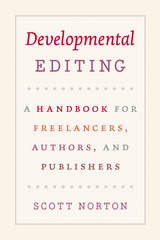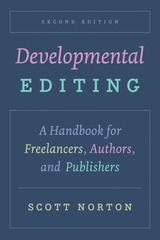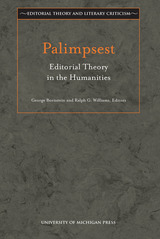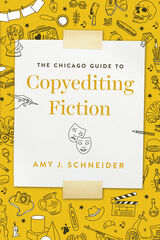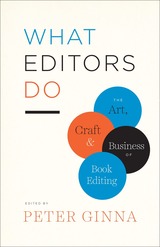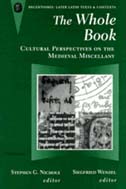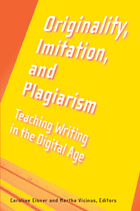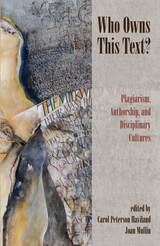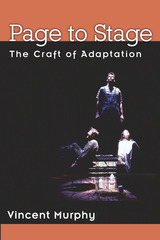The Fluid Text: A Theory of Revision and Editing for Book and Screen
University of Michigan Press, 2002
Cloth: 978-0-472-09815-6 | Paper: 978-0-472-06815-9
Library of Congress Classification PN162.B79 2002
Dewey Decimal Classification 808.027
Cloth: 978-0-472-09815-6 | Paper: 978-0-472-06815-9
Library of Congress Classification PN162.B79 2002
Dewey Decimal Classification 808.027
ABOUT THIS BOOK | REQUEST ACCESSIBLE FILE
ABOUT THIS BOOK
Theorists, scholars, and critics usually consider literary works to be fixed objects, assuming that any variations in the text of a work should be stabilized, reduced, eliminated. John Bryant urges that these variations create valuable records of the interactions between the artist and society. Preprint revisions, revised editions, adaptations for film, and expurgations for children are among the many forms of flux that shape literary works and position them relative to their audiences. Fully understanding the life of a literary work in its cultural situation requires recognizing the fluidity of text, and the present work makes the first coherent theoretical, critical, and editorial approach to the study of revision.
The author develops his theory and its critical application drawing upon the example of Melville's Typee, using its various versions to present protocols for fluid text analysis. He shows how the mountain of scholarly material comprising the fluid text can be presented by a partnership of book and computer screen, in ways that offer new opportunities, insights,and pleasures for scholars and readers.
The Fluid Text: A Theory of Revision and Editing for Book and Screen is written in a clear and accessible style and will appeal to scholars and students in editorial theory, literary criticism and analysis, and anyone concerned with the information architecture of complex literary works in digital media.
John Bryant is Professor of English, Hofstra University. His most recent book is an edition of Melville's Tales, Poems, and Other Writings.
The author develops his theory and its critical application drawing upon the example of Melville's Typee, using its various versions to present protocols for fluid text analysis. He shows how the mountain of scholarly material comprising the fluid text can be presented by a partnership of book and computer screen, in ways that offer new opportunities, insights,and pleasures for scholars and readers.
The Fluid Text: A Theory of Revision and Editing for Book and Screen is written in a clear and accessible style and will appeal to scholars and students in editorial theory, literary criticism and analysis, and anyone concerned with the information architecture of complex literary works in digital media.
John Bryant is Professor of English, Hofstra University. His most recent book is an edition of Melville's Tales, Poems, and Other Writings.
See other books on: Editing | Motion picture authorship | Revision | Semiotics & Theory | Theory
See other titles from University of Michigan Press
